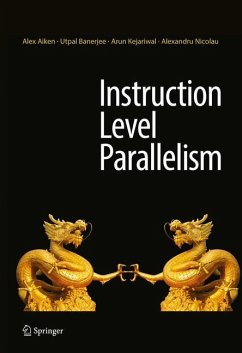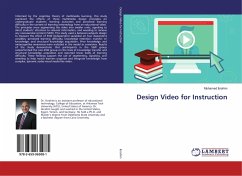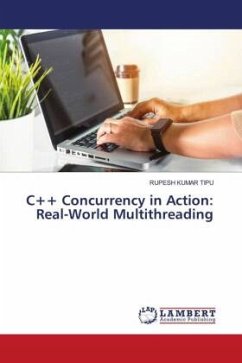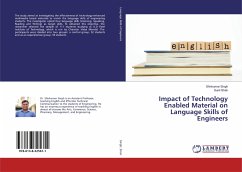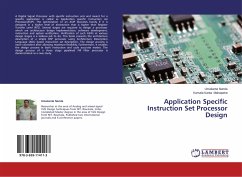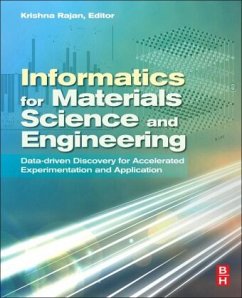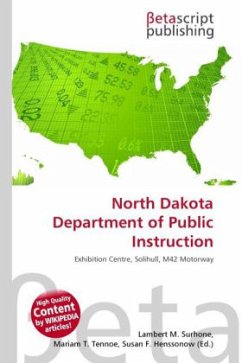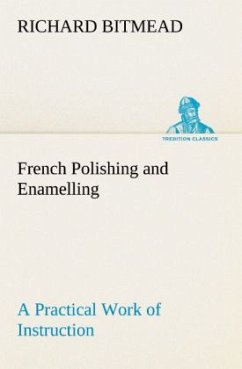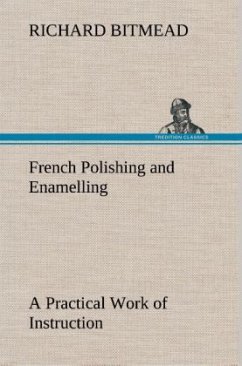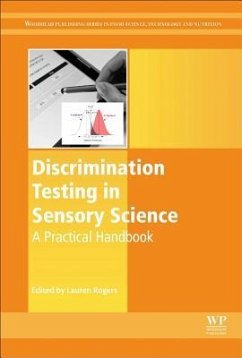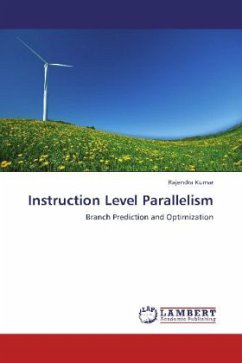
Instruction Level Parallelism
Branch Prediction and Optimization
Versandkostenfrei!
Versandfertig in 6-10 Tagen
32,99 €
inkl. MwSt.

PAYBACK Punkte
16 °P sammeln!
ILP is the methodology for execution of multiple instructions per cycle. It is now desirable to modern processors for better performance. It has been observed that ILP is greatly forced by branch instructions. The main idea behind this concept is to use a step beyond the prediction of common branch and permitting the architecture to have the information about the CFG (Control Flow Graph) components of the program to have better branch decision for ILP. The navigation bandwidth of prediction mechanism depends upon the degree of ILP. It can be increased by increasing control flow prediction in p...
ILP is the methodology for execution of multiple instructions per cycle. It is now desirable to modern processors for better performance. It has been observed that ILP is greatly forced by branch instructions. The main idea behind this concept is to use a step beyond the prediction of common branch and permitting the architecture to have the information about the CFG (Control Flow Graph) components of the program to have better branch decision for ILP. The navigation bandwidth of prediction mechanism depends upon the degree of ILP. It can be increased by increasing control flow prediction in procedural languages at compile time. The code generation for parallel register share architecture involves some issues that are not present in sequential code compilation and is inherently complex. To resolve such issues, a consistency contract between the code and the machine can be defined and a compiler is required to preserve the contract during the transformation of code. To achieve high level parallelism at faster clock speed it is necessary to require distribution of processor resource and avoiding primitive that require single cycle global communication.



